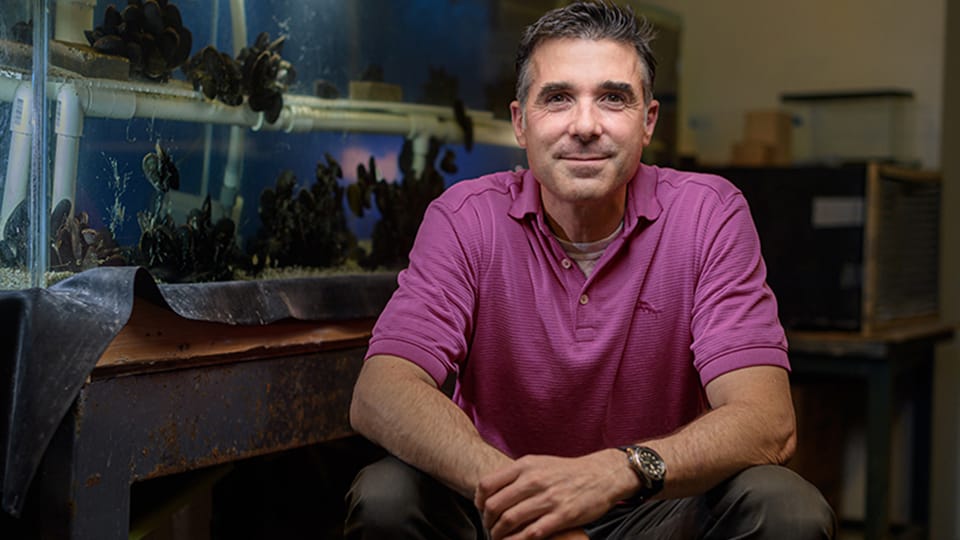Purdue team looking to create sustainable adhesives
Subscriber Benefit
As a subscriber you can listen to articles at work, in the car, or while you work out. Subscribe Now
As the holidays wind down, many people may have leftover cardboard boxes that they want to recycle, but a component placed on those boxes makes recycling difficult: adhesives.
Jonathan Wilker, a professor of chemistry and materials engineering at Purdue University, says whether it’s the tape used to seal a box or the adhesive used on a shipping label, the current adhesives create a variety of environmental problems.
“Almost all glues are petroleum-based and do not degrade,” said Wilker. “The bonded materials in our products stay stuck together. Consequently, we cannot recycle many of the materials that we put into our recycling bins. Discarded products will sit in landfills for centuries and, sometimes, contribute to ocean microplastics.”
Wilker is leading a team of chemists at Purdue to create a completely sustainable adhesive system.
“Our lab is developing new adhesives, and one of the goals is to make these adhesives fully sustainably sourced, even potentially carbon negative, and low cost,” Wilker told the Associated Press. “And, of course, the performance has to be at least as good as what’s out there. This is a big emphasis in our lab right now.”
Purdue says the team has spent years studying the science of sticky substances from a variety of sources, including marine animals such as mussels and oysters. The team ultimately settled on epoxidized soy oil as the main component of a new adhesive.
The soy oil is added to malic acid, which is known for giving apples their tart flavor, with tannic acid being added after that. Purdue said the three components create an adhesive that is inexpensive, effective, scalable and practical to produce.
“By studying how nature makes adhesives, we are learning how to design new technologies for our future society,” Wilker said. “Given all of the problems generated by current glues, we feel an obligation to create something better. Ideally, new adhesives will be bio-based and nontoxic.”
Purdue said the team has tested the adhesive with results in many cases showing performance similar to or better than traditional toxic adhesives such as a superglue or an epoxy. The university said further research will be conducted to refine the system and maximize impacts on areas such as medical innovations, industrial materials, and packaging.
The university said Wilker has disclosed the adhesives to the Purdue Innovates Office of Technology Commercialization, which has applied for a patent.
